Introduction
Political gridlock in Washington is negatively impacting all Americans, and sending a message to the rest of the world that they shouldn’t try to emulate or strive for a democratic system such as ours. Indeed, according to a recent Gallup poll, Americans see “dysfunctional government” as the country’s biggest challenge.1 Polarization, however, has shown itself to be a “wicked problem” with many causes and no obvious solution. Proposed structural solutions such as open primaries and congressional redistricting reform, or process solutions such as promoting more civil discourse, have promise. Yet these well-meaning proposals presuppose the kind of cooperative political will that is missing in the first place. As I argue in this blog, America’s hyper-partisan polarization is primarily a cultural problem that requires further cultural growth for its solution. The good news, however, is that the nature of the problem itself, properly interpreted, shows the way forward toward exactly the kind of cultural development we need.
The currently intense acrimony that underlies hyper-partisanship stems from America’s ongoing culture war. And the culture war itself has emerged as a result of changing values within major segments of our population. Because people use their values to construct their core identities, the assertion of opposing values threatens people at the existential level of identity, which helps explain the strong negative feelings that many on each side hold for the other. Working to ameliorate this cultural problem accordingly requires a philosophical approach that can get at the deeper issues of values and identity that lie at the heart of this difficult dilemma.
The Left–Right Polarity is Relatively Permanent
This philosophical approach begins by recognizing how some form of political polarity will always be with us. Deep-seated polarities such as liberal and conservative are naturally occurring forms of interdependent opposition that continue to reappear in new guise as societies change and grow. Some research even indicates that this Left–Right polarity is heritable—people are born with brains that find one side or the other more congenial, even though life experiences can still influence where they end up.2
Understanding the relatively permanent nature of this political polarity helps explain why centrism has proven to be a failed strategy. Finding a stable center is like trying to find a balance between two sides of a magnet, which inevitably pulls you to one side or the other. Yet while some form of political polarity will always characterize American politics, the advance of a more functional and cooperative manifestation of this polarity is our best hope for overcoming hyper-partisan polarization. In other words, we need to grow into a more mature form of the Left–Right polarity wherein both sides better incorporate the strengths of their opponents while retaining their core convictions. Even though the current state of this polarity seems to be stuck in frozen opposition, the social price we are collectively paying for governmental gridlock can actually supply the energy and motivation to effectively grow out of the problem.
Assessing of the Moral Strengths of Each Side
The question of how to grow out of hyper-partisan polarization is also answered through a philosophical approach, which involves better appreciating the essential moral strengths of each side. That is, part of what makes the polarity of Left and Right relatively permanent and recurring is that each side needs the other to keep its own shortcomings in check. This phenomenon of polar interdependence can be recognized in similar kinds of permanently recurring polarities such as “competition and cooperation,” or even “freedom and order.” In enduring polarities such as these, if one side dominates or vanquishes the other, pathology usually results. This means that to remain functional each side of the polarity must both pursue its own strength while also moderating the downsides of its natural opponent—each side has both a “building” and a “protecting” role to play. And this points to the need for each side to allow for the moderating influence of the other, rather than resisting such moderation at every turn. Growing out of hyper-partisan polarization will thus require both sides to better recognize these principles of functional polarity and improve accordingly. Simply put, improving both sides means clearly identifying what they are each best at, and encouraging them to do more of that.
So what are the essential moral strengths of the Left and Right sides of American politics? Over the last two centuries, many thinkers have attempted to distill the essence of liberal and conservative thought. Some have argued that the Left wants change while the Right seeks to preserve the status quo. Others maintain that the essence of each side is found in their concern for either “the needs of the community” or “the rights of the individual.” These alternative concerns are sometimes distilled as “equality versus equity.” In the context of contemporary American politics, in many cases the Left appears to be the champion of the weak and underprivileged, with the Right cast as the champion of the strong and successful. But even this seemingly straightforward distinction proves problematic when attempting to assess the respective moral strengths of these relatively permanent political poles.
In an Interdependent Polarity Each Side Holds the Moral High Ground by Turns
When it comes to morality, the persistent concern of liberals and progressives for the disadvantaged and marginalized often puts the Left in the best light. And there is no doubt that the “heart of care” that inclines many toward the Left is a powerful moral strength. Moreover, concern for the welfare of the poor and the meek is a central teaching of all the Abrahamic religions, and a clear moral duty in most civilizations. So identifying the Left’s essential strength in its championing of the cause of society’s underprivileged may seem to leave the Right in a permanently “less moral” position.
An example of how the Left is depicted as more virtuous than the Right can be found in the influential writing of progressive academic George Lakoff, who argues that “all politics is moral.” Lakoff describes the moral approach of each side using an analogy of parenting styles wherein the Left takes the approach of a nurturing mother, while the Right adopts the stance of a strict father. However, as Steven Pinker points out, “Lakoff cannot stop himself from drawing horns on the conservative portrait and a halo on the progressive one.”3 While Lakoff does accurately identify the moral strengths of the Left, he misses the moral strengths of the Right because his analogy presupposes that the moral focus of both sides is on the individual child. Yet in practice, the Right’s moral strength as “father” is found in its focus on the “family” as a whole—preventing the permissive “mother” from potentially bankrupting the household and spoiling the children!
According to conservative pundit David Frum, the Left’s “clear and executable moral theory” can be summarized as: 1) Identify the bearer of privilege; and 2) Hold the privilege-bearer responsible.4 While this emancipatory approach certainly is a moral imperative in many cases, the problem is that the bearer of privilege often flips sides from advantaged to disadvantaged. According to Ross Douthat, “progressives, in the name of overthrowing hierarchies, end up assuming that lines of power are predictable, permanent and clear. … [But] one need only get on a plane to pass from being in a privileged to a persecuted class.”5 As Frum puts it, “There are many dogs in any fight, and the task of identifying which one is the underdog is not so easy.” The reversal of privilege to which Frum and Douthat refer can in fact be found between the “disadvantaged and advantaged” in contemporary American society, as seen in such cases as religious freedom, public sector unions, and even in some applications of affirmative action.
Although it may seem that the strong and successful are perfectly capable of fending for themselves without help from the government, striking a balance between building and protecting means keeping the more numerous disadvantaged from treating the advantaged like a utility. Many on the Left see those who have achieved success as mostly greedy corporate fat cats. And while the excesses of the financial industry and skyrocketing executive pay can make “the strong” seem like a worthy target for wealth redistribution, preserving an environment of economic freedom does benefit our society overall in the long run. Despite the inevitable presence of greed, in America many if not most of the strong are people born with innate talents such as intelligence, imagination, intuition, ingenuity, daring, and determination. The conditions under which these talents can come to the fore and thrive are indeed fragile, and history is full of examples of the “tyranny of the majority.”
As Carl Jung observed, “We don’t solve our problems, we outgrow them.” And the growth of our society and culture is almost always led by the strong. So while there is a moral imperative to protect the disadvantaged and underprivileged, preserving the social conditions that allow many of their children to join the ranks of the successful is also very important. This is why championing the cause of the strong is in fact an enduring moral strength which we must recognize and celebrate as an indispensible counterweight to the equally necessary moral strength of championing the cause of the underdog. We therefore need to allow the political virtues of each side to build on their respective strengths while simultaneously protecting us from the inherent downsides of their opponents.
Moving from a Stuck Polarity to a Generative Polarity
But again, this is not a thesis of centrism; we need to retain the magnetic charge of both poles because progress is inevitably made by polar steps—one foot after another. Rather than pointing to a centrist compromise as the best solution, this principle of polar interdependence shows how we can overcome the kind of stuck polarity we face today by moving toward a more generative polarity that can help us grow out of our problems. This involves helping partisans on both sides come to better appreciate how each side needs the other’s challenge and support.
A recent historical example of the move from a stuck polarity to a generative polarity can be found in the evolution of our society’s ideals of masculinity and femininity. Over the last fifty years or so the notion of what it means to be a “real man” has grown to include being sensitive and even occasionally emotional. Likewise, our ideals of femininity have evolved to include strong and independent women. In short, the realization of mature masculinity and femininity both involve a partial integration of the qualities normally associated with the other. When done well, however, such integration does not involve a move toward androgyny. While there is nothing wrong with androgyny, it does represent a kind of centrist comprise that eliminates the procreative tension. So rather than trying to split the difference between the poles, in this example the cultural ideals of masculine and feminine remain rooted in their existing gender differences even as each seeks to integrate the strengths of the other side. In this way, both sides can allow their contrasting differences to “true each other up.”
From this perspective the most mature conservative values will adequately account for the needs of the community, and the most mature liberal values will fully recognize the need to preserve individual freedom and autonomy. Effective integration, however, means going beyond simply acknowledging the abstract legitimacy of the opponent’s position. The program of overcoming hyper-polarization within the American electorate must involve efforts to increase the degree to which each side can truly value and “own” at least some essential elements of the wisdom of the other side.
By coming to better understand the “procreative” role of existential polarities such as Left and Right, Americans can eventually grow out of the vexing problem of polarization. And this cultural solution to our political problem can be realized by increasing the scope of what both sides are able to value.
Notes
- http://www.gallup.com/poll/175310/republicans-likely-view-immigration-top-problem.aspx
- See: http://en.wikipedia.org/wiki/Biology_and_political_orientation
- http://www.newrepublic.com/article/77730/block-metaphor-steven-pinker-whose-freedom-george-lakoff
- http://www.theatlantic.com/politics/archive/2015/04/why-garry-trudeau-is-wrong-about-charlie-hebdo/390336/
- http://www.nytimes.com/2015/04/19/opinion/sunday/ross-douthat-checking-charlie-hebdos-privilege.html?ref=opinion

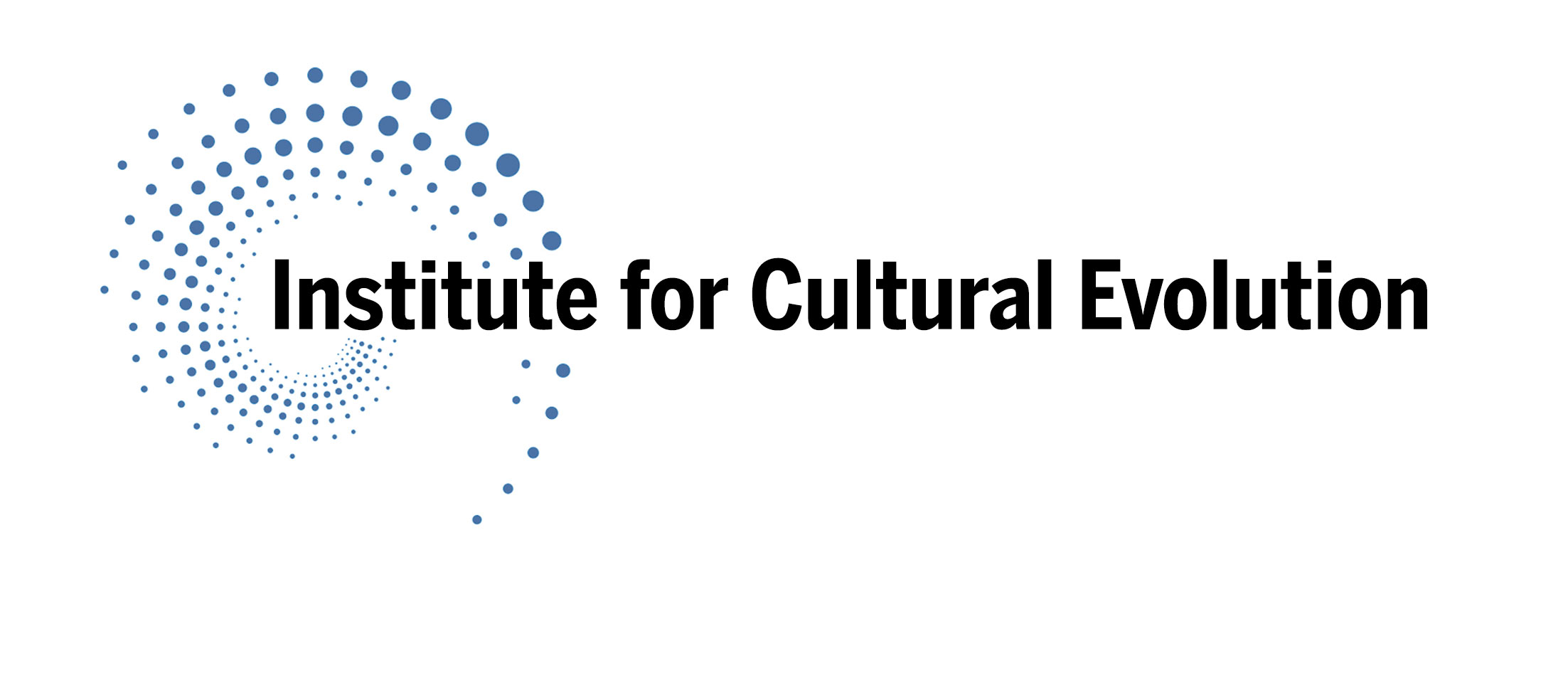
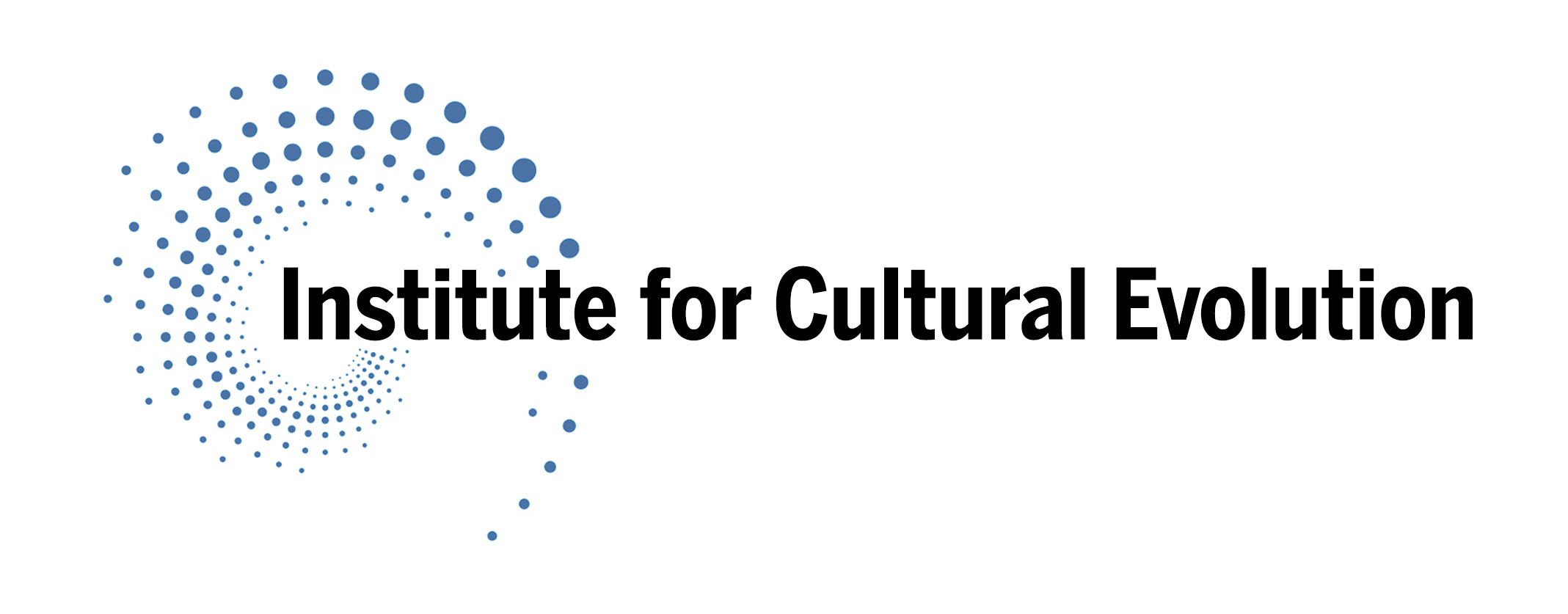
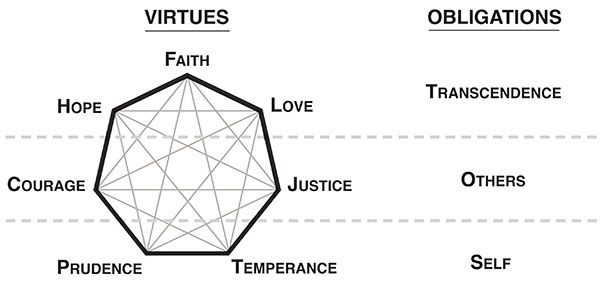
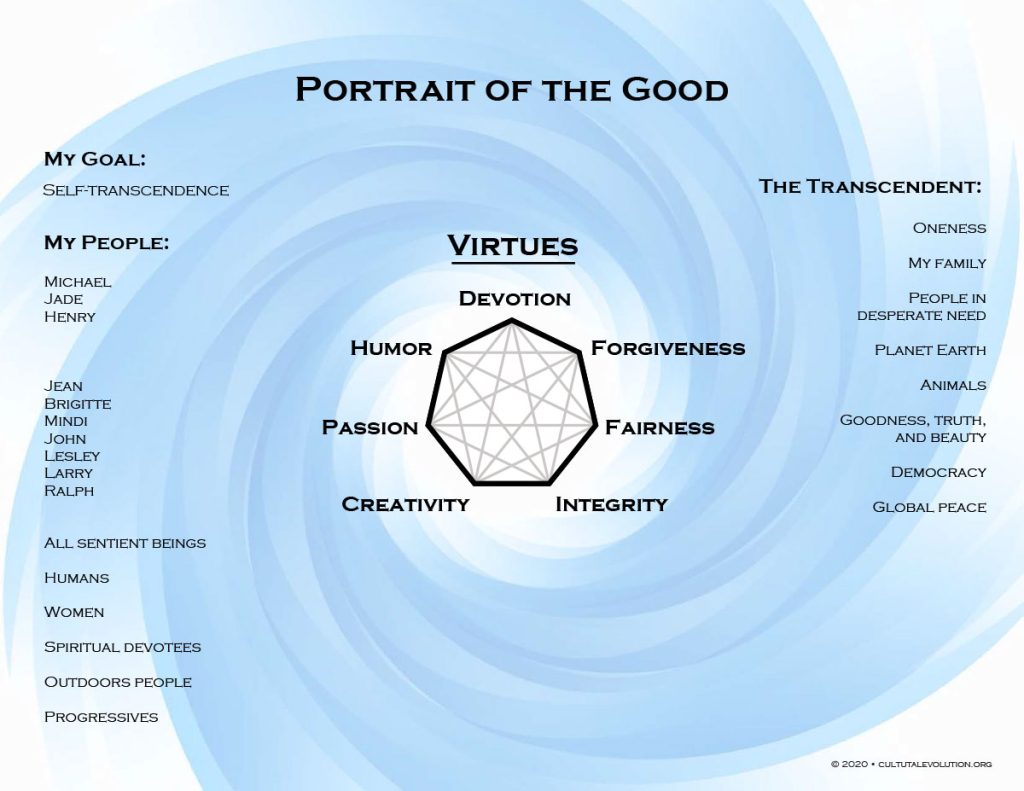
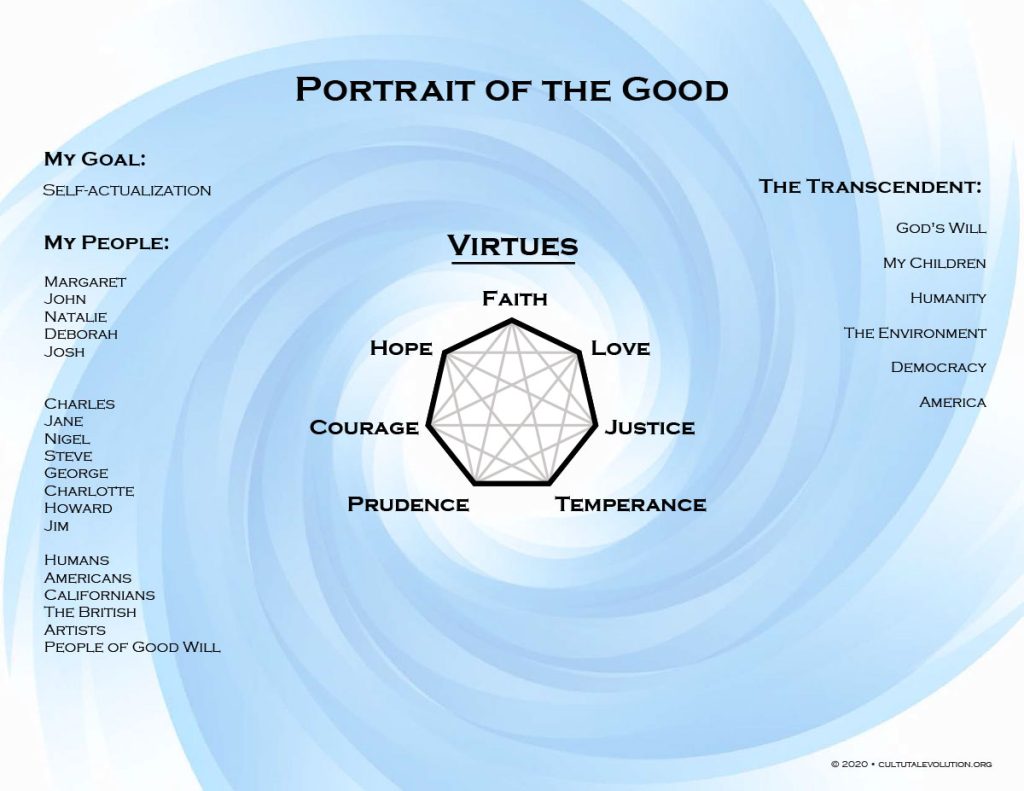
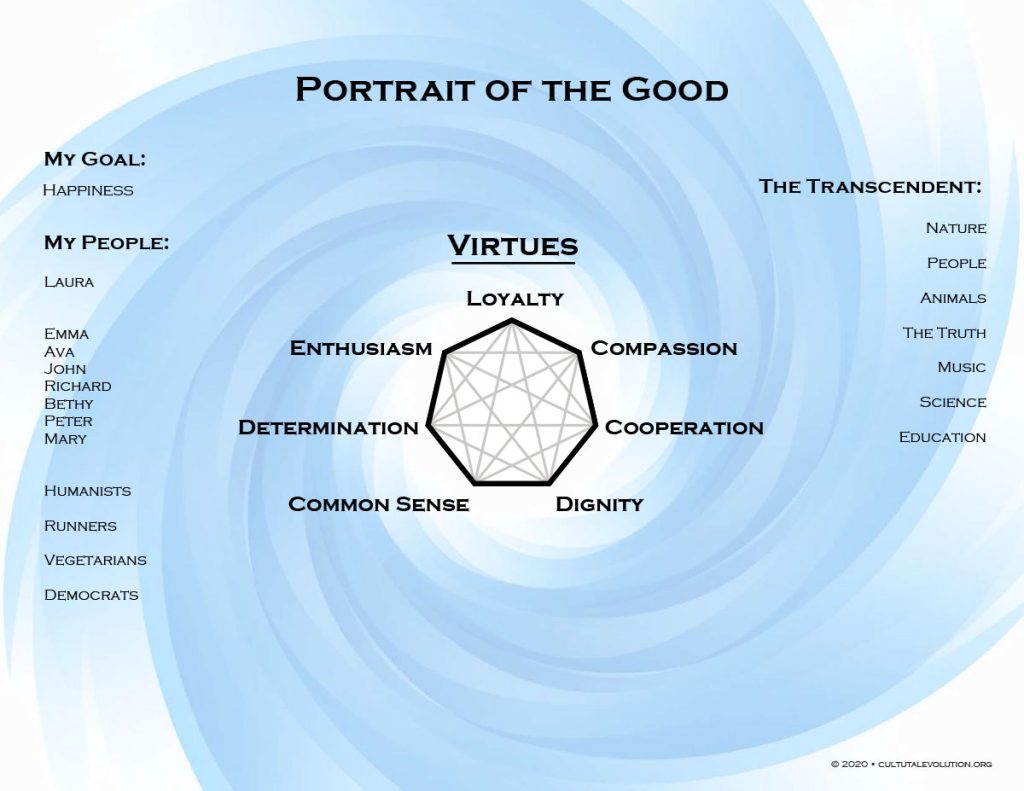
Thank you for this thoughtful essay. I have noticed that moral polarization commonly operates also at the level of individual disputes, where one person (or both) goes into a mode which is entirely focused on their perceived victimization at the hands of the other. This stuck perception seems to me to entirely prevent and foreclose the possibility of a wise solution to the dispute.
In short, is moral polarization also a form of psychopathology?
I am very grateful to ICE for working to provide a forum for these very important questions. I was born in the Oklahoma Panhandle to Dust Bowl farmer parents but have spent the last 40 years in the Bay Area , California. I am conservative to the bone but feel homeless politically, because the “conservative” party seems to me to have zero interest in any kind of genuine CONSERVATION or cautious, prudent, stabilizing action in any important societal areas that I recognize.
I am, for instance, profoundly committed to the conservation of the fundamental life systems and species diversity, as well as the inherent beauty and comfort, of our spaceship planet. There seems to be no recognition of this primary conservation need and opportunity from the Republican Party. There are many other similar examples I could cite where what seems obviously the true conservative, cautious, prudent point of view is not even on the radar screen of the “conservative” political choice available to me. Climate change, reuse of the military budget for constructive use, etc.
In regard to the care and well being of the disadvantages and marginalized I believe that true conservatism has a tremendous contribution to make. For one example, restorative justice rather than retributive justice is much cheaper and more financially prudent in the long run, as well as having huge obvious social benefits. No society benefits from having an enraged black man, just released from 20 years of sociopathic grad school, turned loose back into its midst. And moving to Marin to get out of reach of the festering social problem of East Oakland is not really a viable solution.
The conservative world view of personal responsibility–if tempered with maturity and generosity, like Bill Gates or Warren Buffett, for example, can heal our world. Instead, I hear the words “compassionate conservatism” and then they invade Iraq.